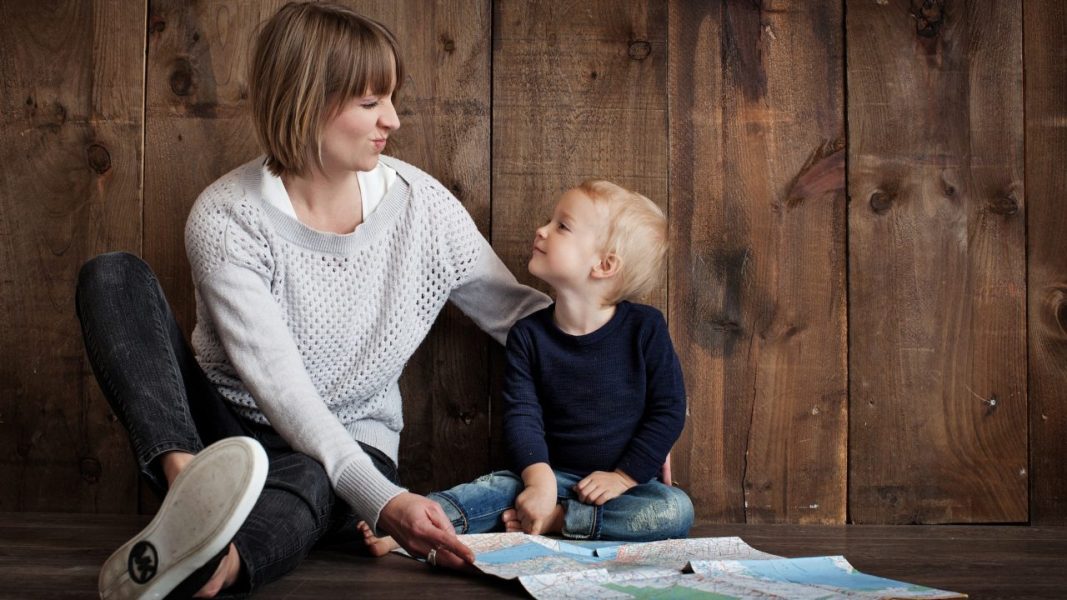“When we were children, we used to think that when we were grown-up, we would no longer be vulnerable. But to grow up is to accept vulnerability… To be alive is to be vulnerable.”
― Madeleine L’Engle
My Parents Were Superheroes (Or So I Thought)
As children, many of us believed our parents were superheroes—never wrong, never weak. They seemed to know everything and win every battle. But now, as a mother, I’ve come to see how much was hidden behind that perfect image.
What we never saw was the failure in children that helped shape our parents into who they became. We only saw the outcome—not the trials. And somewhere along the way, we grew up fearing failure instead of learning from it.
Why Talking About Failure in Children Matters
We often expect our kids to succeed in school, sports, behavior, and life. But what if we talked more about failure in children as a normal, even necessary, part of growing up?
Sharing your own slip-ups teaches your child that:
-
Perfection isn’t real
-
Mistakes are feedback, not shame
-
Grown-ups don’t always get it right—and that’s okay
One day, I told my child, “I missed a deadline and got scolded today.” I didn’t dramatize it, just stated a fact. And the magic? My child hugged me and said, “You’ll do better next time, Mumma.”
📣 Loved what you read? Want to go deeper into conscious parenting? ✨ The Power of Manifestation in Parenting is now available — A soulful guide packed with real-life tools like affirmations, energy shifts, and sleep talk that I personally use with my son, Hitarth. 💛 Start your journey toward calmer, connected parenting today. 🎉 Launch Offer: Only ₹99 (limited-time price!) 📲 Instant download. No waiting. 👉 Grab your copy now!.
That’s gentle parenting in real life—modeling vulnerability, teaching by example, and accepting failure in children and adults alike.
Gentle Parenting and Emotional Openness
We ask our kids every day:
-
“Did you finish homework?”
-
“Are your marks good?”
-
“Did you behave well?”
But how often do we tell them:
-
“I felt low today.”
-
“I made a mistake at work.”
-
“I was angry, and I’m working on it.”
When we normalize failure in children, we teach emotional intelligence, self-awareness, and growth mindset. We make it safe for our kids to admit mistakes, talk about them, and move on.
That’s how children develop resilience—not by avoiding failure, but by learning how to face it.
Also read: Chapter 3 : One Aspect Of Failure: Each Kid Is One Of A Kind
Letting Them Fail Without Jumping In
We love trying different clothes, different foods, different hobbies. But when it comes to our kids, we often expect them to walk a perfectly drawn line.
We say things like:
-
“Photography? That’s not a stable career.”
-
“Football? That’s not for girls.”
-
“Why would a topper choose arts over science?”
Sometimes, we resist not because it’s wrong for them, but because we fear failure in children will reflect poorly on us.
But failure in children is not a parenting failure. It’s part of their story. It’s how they:
-
Discover what doesn’t work
-
Build coping strategies
-
Learn who they really are
Let them stumble. Be there when they fall. Just don’t carry them every time—they won’t learn to walk their own path.
Modeling Mistakes and Growth
Let your child see your flaws:
-
That you can’t sing well
-
That you messed up a recipe
-
That you cried after a rough day
By doing so, you’re not showing weakness—you’re showing strength. You’re showing them that failure in children and adults alike doesn’t define worth. It’s part of the process.
Related read: Environmental Factors Linked to Growth Failure in Children
Real-Life Gentle Parenting Moments Matter
Let your son try Bharatanatyam.
Let your daughter climb trees or break stereotypes.
Let your “100 in Math” kid become a musician if that’s where his joy lies.
Encourage effort. Celebrate passion. Be there when they fall. Let them see you fall, too.
That’s when they learn that failure doesn’t define them—and it doesn’t define you either.
Why Failure in Children Builds Character
Think of how children learn to walk—they fall hundreds of times. We cheer, laugh, and encourage them.
But when they fail a test or struggle socially, we often react with fear or shame. What changed?
Failure in children is how:
-
They build inner strength
-
They form realistic self-esteem
-
They learn to keep trying
From house help to public behavior, how a child reacts to challenges often reflects what they’ve seen at home. If they’ve seen emotional honesty, calmness in failure, and loving accountability, they replicate it.
The Real Parenting Win
The parents of Sania Mirza or Advait Kolarkar didn’t fear failure. They helped their children channel it. They gave space, trust, and freedom.
You don’t need perfection. You need presence.
You don’t need control. You need connection.
Celebrate the small wins. Be okay with the big falls. Let your child see failure as feedback, not fear.
Let failure in children be the doorway to emotional growth and self-belief.
Everything Begins at Home
How your child:
-
Talks to the house help
-
Handles rejection at school
-
Supports a friend in distress
-
Reacts to public embarrassment
All stems from what they’ve seen, heard, and felt at home.
So let home be the space where:
-
Failures are okay
-
Emotions are welcome
-
And unlearning is the first step to better parenting
Final Thought
In a world chasing polished perfection, be the raw, honest, growing parent your child truly needs.
Let your child see you fail. Let them fail freely too.
Because when failure in children becomes normal, so does courage, resilience, and joy.
Happy Unlearning to Become a Better Parent.
Your comments and shares do more than just support our blog—they uplift the amazing moms who share their stories here. Please scroll down to the end of the page to leave your thoughts, and use the buttons just below this line to share. Your support makes a big difference!



